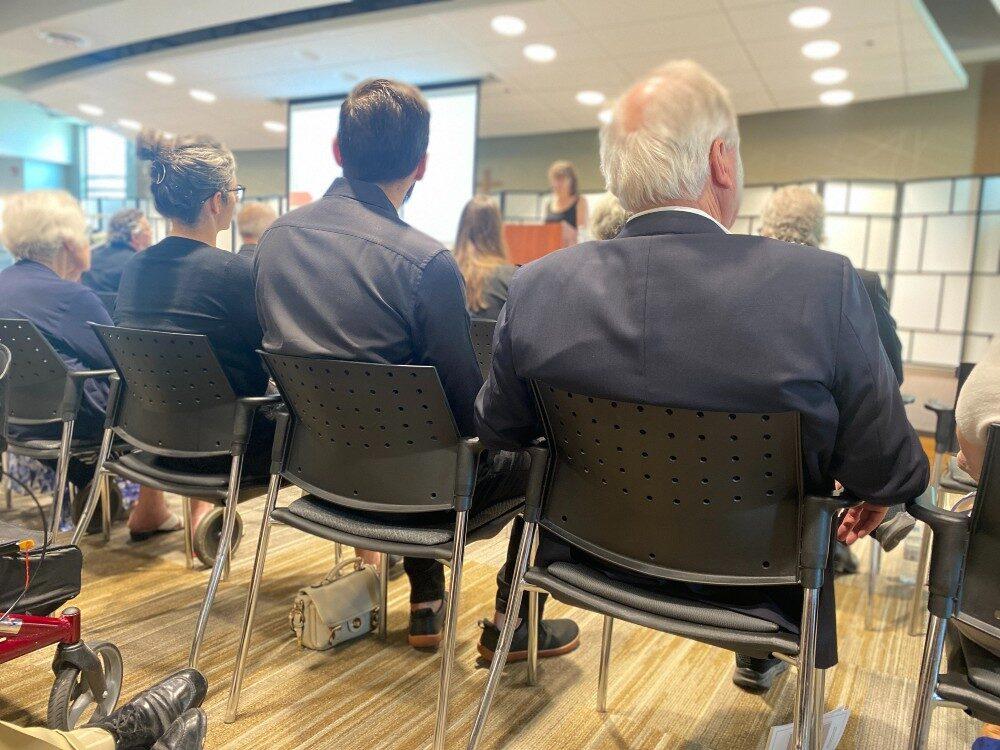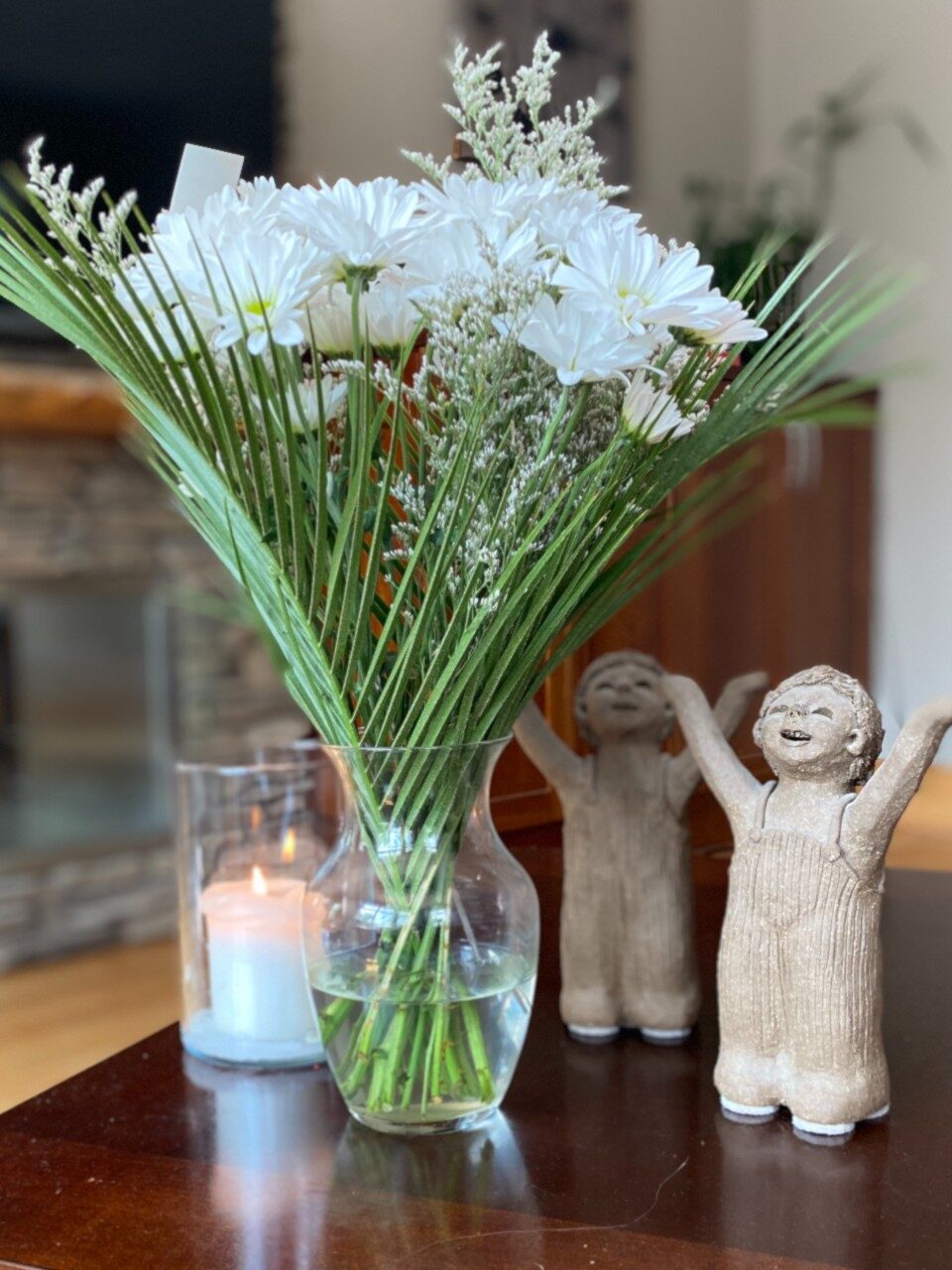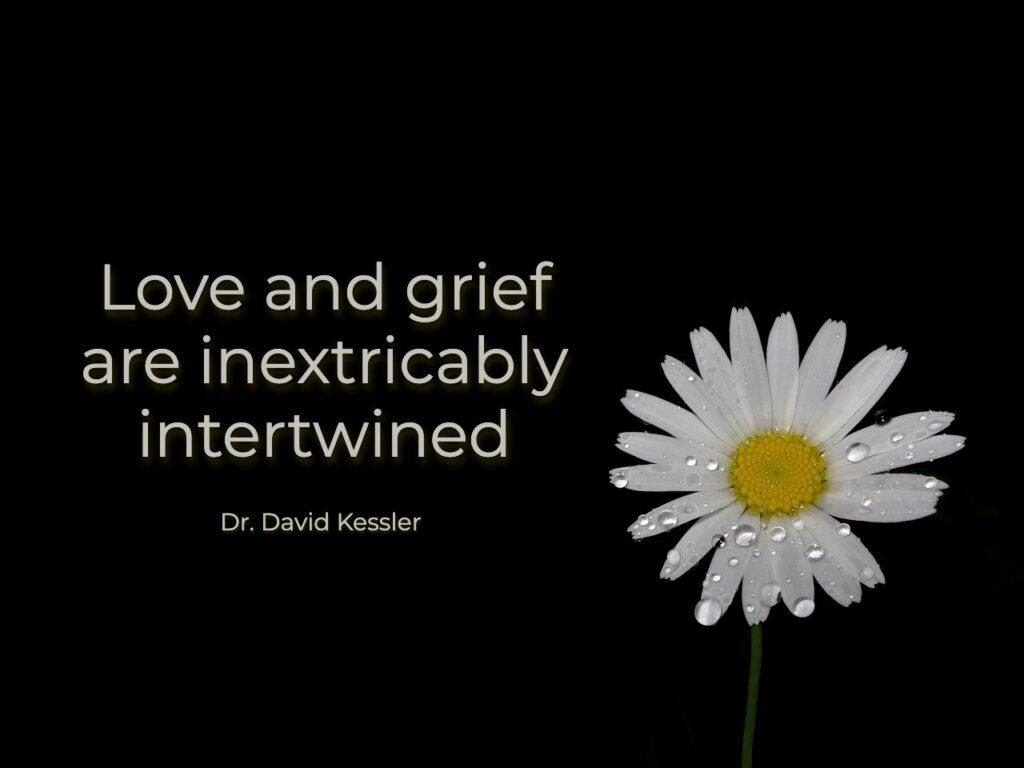Dear Dauphin,
Similar to many Manitobans, you have been in my thoughts almost constantly these days. The bus crash that stole the lives of 15 of your own, and gravely wounded 10 more has us all feeling the pull of compassion towards your whole city.
This day has been one immersed in grief for me personally—and so I can’t help but call your grief to mind (and heart) repeatedly.
I went to the funeral of a wonderful 96 year old woman today. She lived across the hall from my parents, and she was the mother of a friend. Four children (grown adults, but always, her children) now find themselves orphans.
I never met her, but I went. We do that, don’t we? You have shown up for friends and family in their grief, too—because what is theirs becomes yours by extension, because of love. We show up for those that grieve.

We heard of her idyllic childhood in the Ukraine until World War II, and then of the stark adversity in her country that necessitated fleeing. She was a refugee for a time in Germany, and it was the music of Mendolssohn, sung in a choir that had her feel understood—singing of the struggle of hardship against a backdrop of faith together with others that began her healing. She moved to Canada emptyhanded, without even the ability to speak English.
So many of the folks on that bus have a similar heritage of leaving Ukraine under hardship and danger somewhere in their backgrounds, don’t they? They, or perhaps their parents escaped starvation and persecution under Stalin only to have their lives end in different tragedy.
We sang a hymn—one of her favorites that she chose—during the service. It was one of my Oma’s favorites too—and I remembering singing it at my Oma’s funeral decades ago. My lips still remember how to form the words of German verse even though I’m only vaguely aware of their meaning. For a moment, I was transported back to the funeral and the memories of my Oma. So many these days are joining you in your grief and, in doing so, are reminded of their own.
We sit in your grief with you because we remember what it was like to sit in our own.
After the funeral, I went to the cemetery by myself, because today is June 18th. What was their birthday was actually their deathday. The little ones I yearned for, carried and loved died just hours before their birth. Every year, I go to the grave, and sing them the lullaby I sang to them while I carried them in my belly. This year, as I do every year save one, I placed my hand on the ground over where their ashes are interred to get as close to them as I physically can. And I weep.
I remember the days after their deaths—the raw, physical, ripping apart of grief in my body. I recall the fears I had that I may actually lose my mind because the agony interfered with my ability to concentrate, it created huge gaps in day to day memory, and the unrelenting distress had me almost beside myself. The grief was so intense it scared me.
The day I delivered those little guys, the nurse gave me pain medication which knocked me out—giving me a dreamless deep sleep of nothing that night in the hospital. The day of their funeral, I was home, and I yearned for more of those pain-eliminating drugs. I had none—a good thing. My body had recovered, but my heart remained inconsolable. I wanted the pain to stop. I understood the pull towards drug addiction that day in a way I haven’t before or since.
The day after Branden and Matthew’s funeral was Father’s Day. I was a lost soul in a strange land, wandering around aimlessly. I didn’t know what to do or where to go. I felt misplaced and I didn’t know what to do with myself. This Father’s Day was so much different than we had imagined a few days ago. You know this feeling, don’t you? I’m so sorry that this Father’s Day doesn’t allow for the family get-togethers that were in the works.
My brother invited us over that Sunday. We sat on their back deck for the afternoon. I don’t remember a single word they said. I don’t know if they served us any food or what we talked about. But I do remember being grateful that someone told me where to come that day and pointed where to sit. I remember that they didn’t expect anything of me. I could just be the tangled, confused, vulnerable, hot mess that I was without judgement.
Let people into your bottomless sadness, your unutterable grief, your unedited confusion, your rage at a senseless tragedy. Use words or not. Weep—or not. Tell people if you want a hug, or tell’em if you don’t want one. Teach people what you need at this moment—which might be different from what you need tomorrow. People love to know what you need from them. If you need distraction, let someone put on a movie which you might stare at blankly—or laugh out loud. Anne Lamott says, “Laughter is carbonated holiness” and it is a good way to come up for air when you’re drowning in desolation.
In a week or two, the media trucks will drive away, and the headlines will move on to new hurts and tragedies. But your grief will remain—and it could feel lonely as the world moves on from your pain while you remain firmly in the center of it. I’m so sorry that this will happen—but it’s inevitable for all of us in immediate pain. I dreaded the day when there would be no cards of sympathy and love in the mail–in my mind, that was the day that the world had moved on when I had not.
I am grateful you have each other, and the love of family and friends that Dauphinites have around the world as you mourn the Babas and Gigis that lost their lives on that bus in Carberry.

This week, I received daisies from a friend who has known her own deep heartache. In the middle of her busy, messy, beautiful and painful life, she sent me white, pure daisies as she does every year. She has not forgotten my little sons that I held, lifeless, 30 years ago today.
She sees my grief. She sees me. Even years later, she knows that today the grief is fresh.
That matters. A lot.
“Love and grief are inextricably intertwined”, says Dr. David Kessler, an lifelong expert on grief. I heard him say once that after the death of his young adult son, he felt like he needed to apologize to anyone he ever spoke to about grief. As a grief expert, he didn’t really get it until he experienced it.

Your grief is painful, even a brutal sort of agony. It will feel strange and sometimes it’s hard to know what to do with such grief. But it’s not wrong to feel such pain—even if it feels incredibly uncomfortable. There is nothing broken about you—even if it feels like there is.
Grief what happens when someone we love dies. It’s a part of being human.
The one year I didn’t go to Branden and Matthew’s grave was last year. My grandson came over for the day. He needed my care and it seemed fitting to honor my sons’ deaths by celebrating my grandson’s life that day. The day came last year when to live life out loud with giggles and snacks and toy blocks on their deathday seemed a fitting way to spend the day. I wasn’t sure that day would ever happen—but it did.
Dauphin, you matter today, and Manitobans—all Canadians actually—are sending you our love.
Carolyn